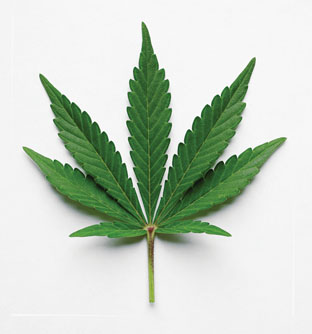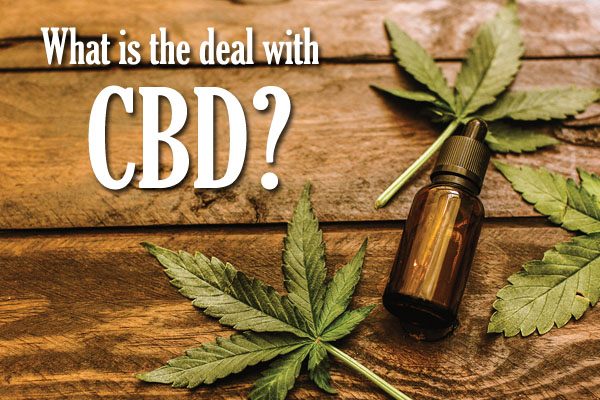 Health in the Hills
Health in the Hills
CBD is all over the media these days with claims it is helpful for a wide variety of health conditions. It has gained so much popularity, in fact, that August 8th is now celebrated as National CBD Day. But what is CBD and is the hype real?
CBD, or cannabidiol, is a chemical compound extracted from cannabis, more commonly known as marijuana, or the hemp plant, a relative of marijuana. Unlike THC, another chemical in marijuana, CBD does not cause a high and shows no potential for dependence.
CBD is being added to tinctures, ointments, and vaping oils with promises it can provide relief from issues ranging from insomnia and anxiety to arthritis and inflammation. But the scientific support for many of these claims  is lacking and marketing can be misleading. The U.S. Food and Drug Administration (FDA) only approved research on CBD in December 2015, so we only have about 3.5 years of data (and most of it is from animals and not humans).Although some studies have shown encouraging results, it’s difficult to make any definite conclusions about safety and efficacy, such as proper dosages, possible side effects, and interactions with over-the-counter and prescription drugs.
is lacking and marketing can be misleading. The U.S. Food and Drug Administration (FDA) only approved research on CBD in December 2015, so we only have about 3.5 years of data (and most of it is from animals and not humans).Although some studies have shown encouraging results, it’s difficult to make any definite conclusions about safety and efficacy, such as proper dosages, possible side effects, and interactions with over-the-counter and prescription drugs.
Even if CBD really does work wonders, a lack of enforced regulations raises quality control concerns. A 2017 study found that nearly 70% of CBD products did not contain the amount of cannabidiol printed on the label, with most containing too little CBD and others containing too much. Another report showed that 70% of CBD products contain heavy metals like lead and arsenic and/or toxic herbicides and pesticides. Most people who take CBD do so because they already have a health problem, which could make the effects of these contaminants even more dangerous.
Much remains to be discovered regarding CBD, but if you do decide to try it, it’s a good idea to talk with your doctor first. Additionally, experts recommend only purchasing products derived from plants grown on a certified organic farm regulated by the U.S. Department of Agriculture (USDA).





